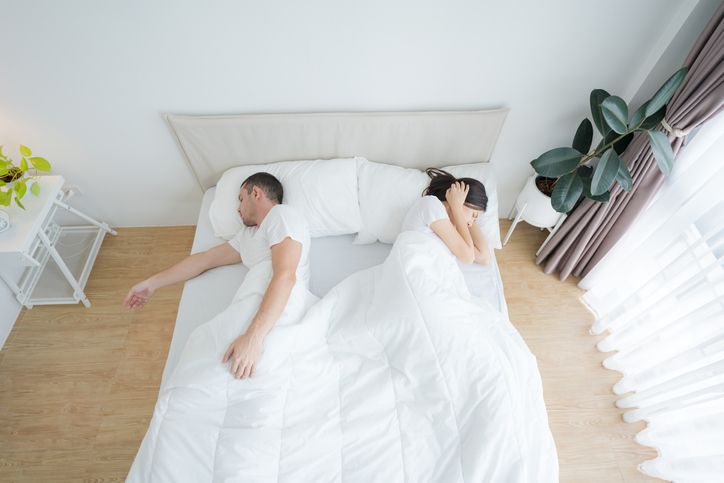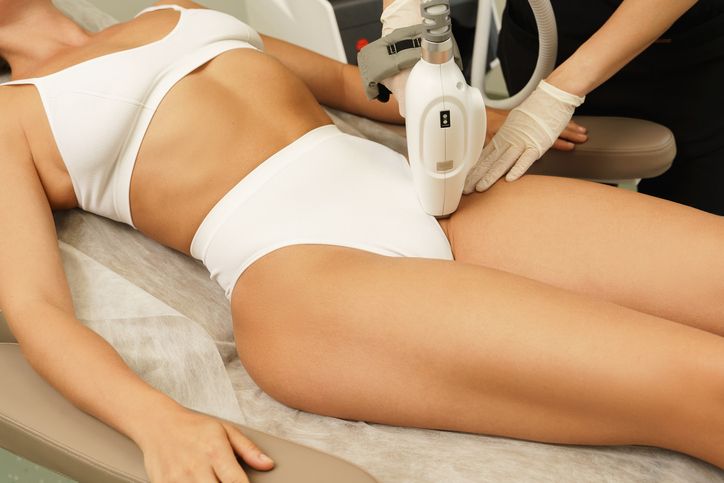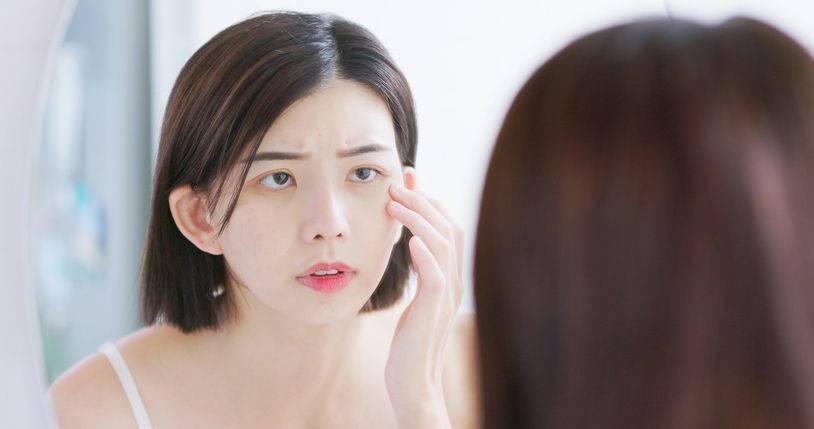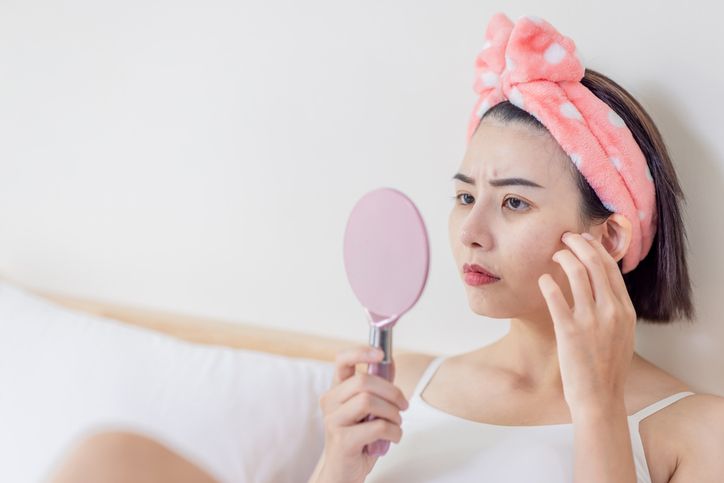- Home
- Trend
- Weight Loss Strategies
- Acne Tips
- Hair Health Information
- Blemish Removal Tips
- Acne Scar Removal Tips
- Muscle Building Techniques
- Intimate Care Tips
- Postpartum Intimate Care
- Eye Bags Wiki
- Tips for Face Slimming
- Secret of Permanent Hair Removal
- Breast Enlargement Tips
- Cure to Snoring
- Marionette Lines
- Skin-Tightening Secrets
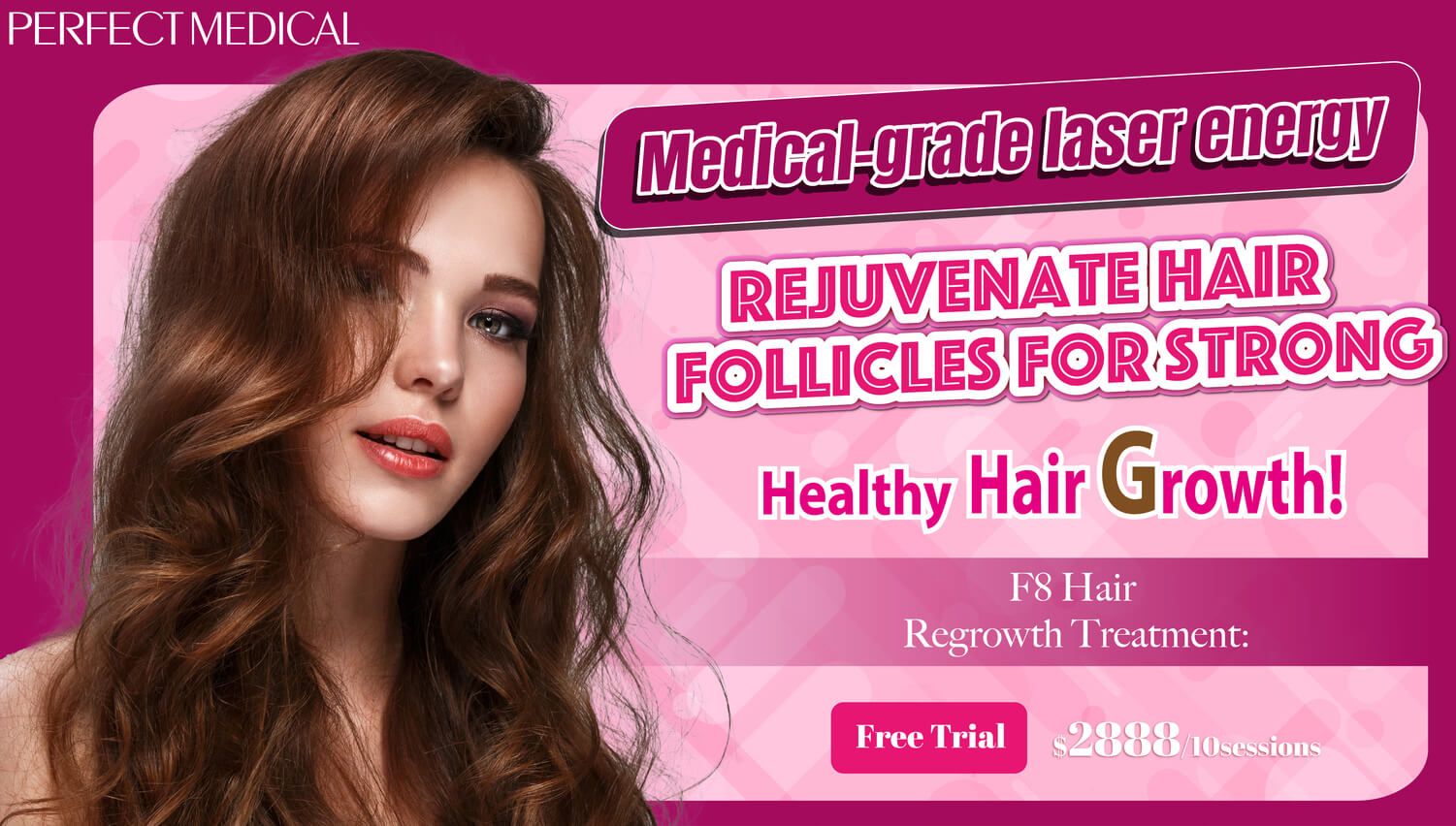
免費體驗
F8 Hair Regrowth Treatment
1 Minute Self-Registration
Date should not be before minimal date
Creatine is a widely popular dietary supplement used by athletes, bodybuilders, and fitness enthusiasts to enhance their performance, increase muscle mass, and improve overall physical strength. However, there have been concerns and rumours circulating about the potential link between creatine supplementation and hair loss. We will delve into the science behind creatine, its impact on hair follicles, and whether there is any real connection between creatine and hair loss. Additionally, we will explore related topics such as weight gain, testosterone ratio, and normal clinical limits to provide a well-rounded understanding of creatine's effects on the body.
1
What is Creatine?
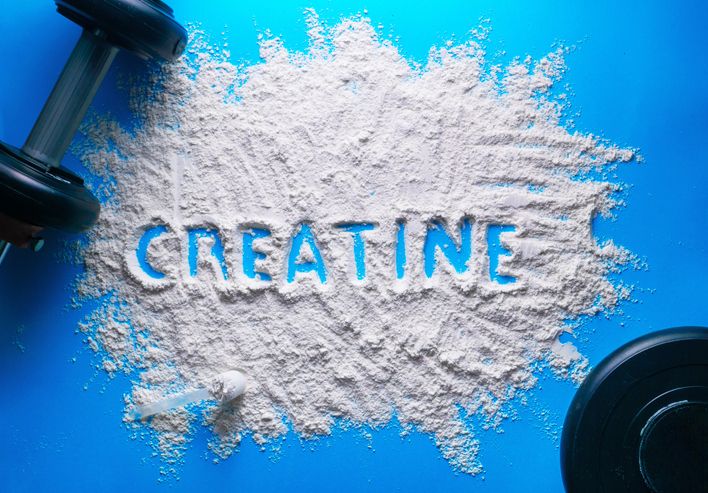
Creatine is a naturally occurring compound found in small amounts in certain foods and synthesised by the body. It plays a crucial role in the energy metabolism of cells, particularly muscle cells. The primary function of creatine is to provide rapid and easily accessible energy during short bursts of high-intensity physical activity.
Who takes them nowadays?
Many athletes and fitness enthusiasts choose to take creatine supplements to boost their physical performance and muscle growth. Creatine supplements are widely available in various forms, such as powders, pills, or liquids. These supplements are generally safe and well-tolerated when used according to the recommended dosage.
2
The Link Between Creatine and Hair Loss
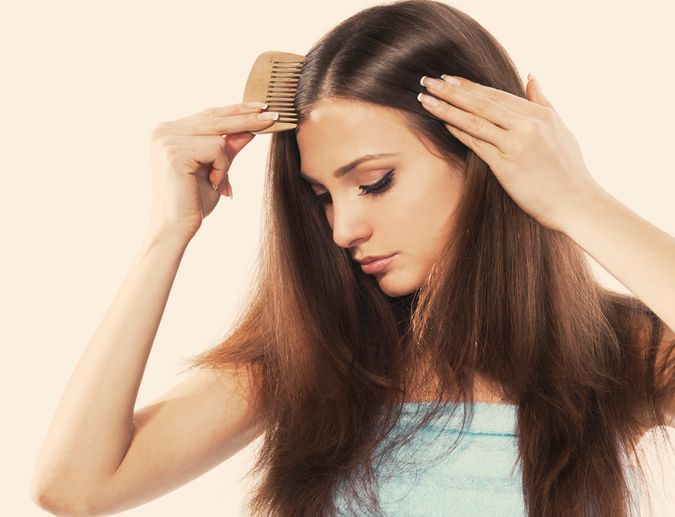
To understand the potential relationship between creatine and hair loss, it's important to grasp the basics of hair growth. Human hair goes through a cyclical growth pattern consisting of three main phases:
1. Anagen phase
The growth phase, during which hair follicles are actively producing new hair.
2. Catagen phase
A transitional phase in which hair growth slows down.
3. Telogen phase
The resting phase, where the hair is no longer growing and eventually falls out to make way for new hair.
Hair loss can occur when the anagen phase is disrupted, leading to the premature shedding of hair. Various factors can influence the hair growth cycle, including genetics, hormones, and overall health.
The role of DHT
Dihydrotestosterone (DHT) is a derivative of the male sex hormone testosterone. DHT is known to play a significant role in male pattern baldness (androgenetic alopecia) and can affect hair follicles by causing them to shrink and eventually stop producing new hair.
3
Breaking The Rumor: Does Creatine Cause Hair Loss?

There have been claims that creatine supplementation can increase DHT levels in the body, potentially contributing to hair loss, particularly in men who are genetically predisposed to male pattern baldness. These claims have led to concerns among individuals who use or are considering using creatine supplements.
The science behind creatine, DHT and hair loss
It's essential to clarify the relationship between DHT and hair loss. DHT sensitivity is primarily determined by genetics. In individuals with a genetic predisposition to male pattern baldness, hair follicles in certain areas (typically the front and crown of the head) are more susceptible to the influence of DHT. Over time, exposure to DHT can cause these follicles to become miniaturised and produce thinner, shorter hair, eventually leading to baldness.
Creatine and DHT Levels
Some studies have investigated the impact of creatine supplementation on DHT levels. The results have been somewhat mixed. While some studies suggest a potential increase in DHT levels in response to creatine supplementation, the changes are generally considered minimal. It's important to note that the magnitude of this increase is unlikely to be a primary cause of hair loss in individuals not genetically predisposed to male pattern baldness.
Creatine and Hair Loss Risk
The critical point to understand is that creatine's potential impact on DHT levels is most relevant for those who are already genetically predisposed to male pattern baldness. In individuals without this genetic susceptibility, any increase in DHT levels resulting from creatine supplementation is unlikely to trigger significant hair loss.
4
Debunking Creatine Hair Loss Myth
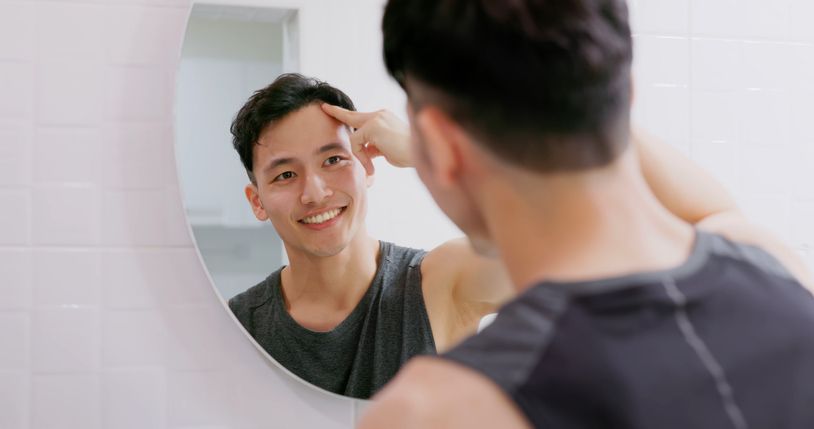
To dispel common misconceptions surrounding hair loss and creatine supplementation, let's delve into key myths and facts:
Myth: Creatine directly causes hair loss
Fact: Creatine itself does not directly lead to hair loss. The potential impact on DHT (dihydrotestosterone) levels is primarily relevant to individuals with a genetic predisposition to male pattern baldness. For those without this predisposition, the risk of creatine causing hair loss is minimal.
Myth: All creatine users experience hair loss
Fact: Hair loss is not a universal consequence of creatine use. Individual susceptibility and genetic factors play a significant role in determining whether someone will experience hair loss while using creatine supplements. Many individuals use creatine without encountering issues related to hair loss.
Myth: Creatine supplements are harmful
Fact: When used within recommended dosages, creatine supplements are generally considered safe. Extensive research supports their efficacy in enhancing physical performance and increasing muscle mass. Adhering to guidelines ensures the safe and effective use of creatine without causing harm.
Myth: Hair loss is irreversible
Fact: While male pattern baldness may be irreversible, various treatments exist to slow its progression and stimulate hair growth. Consulting with a healthcare professional or dermatologist can provide personalised guidance on suitable interventions and therapies.
Myth: Creatine supplements are ineffective
Fact: Creatine supplements have a robust body of research supporting their effectiveness. They are widely recognized for enhancing physical performance, increasing muscle mass, and aiding in various athletic pursuits. Many athletes and bodybuilders incorporate creatine into their regimens and attest to its benefits.
Consume creatine will not necessarily cause harm to your hair. Understand the nuances of creatine supplementation and its potential impact on hair loss involves separating myths from facts. Creatine, when used responsibly, is generally safe, and its benefits extend beyond concerns related to hair loss. As with any health-related consideration, consulting with a healthcare professional can provide personalised insights and guidance based on individual circumstances.
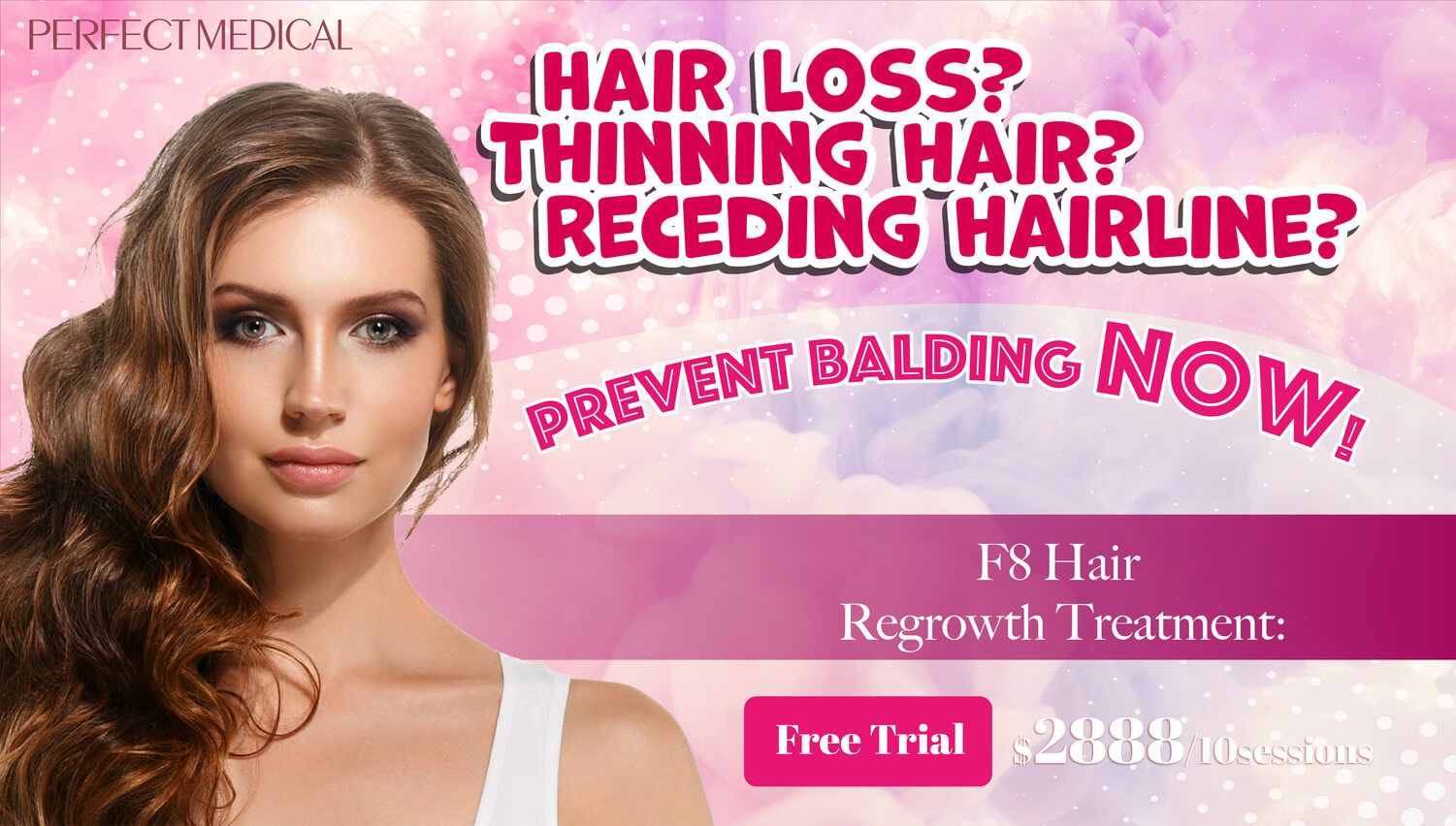
免費體驗
F8 Hair Regrowth Treatment
1 Minute Self-Registration
Date should not be before minimal date
5
Other Substances That May Cause Hair Loss
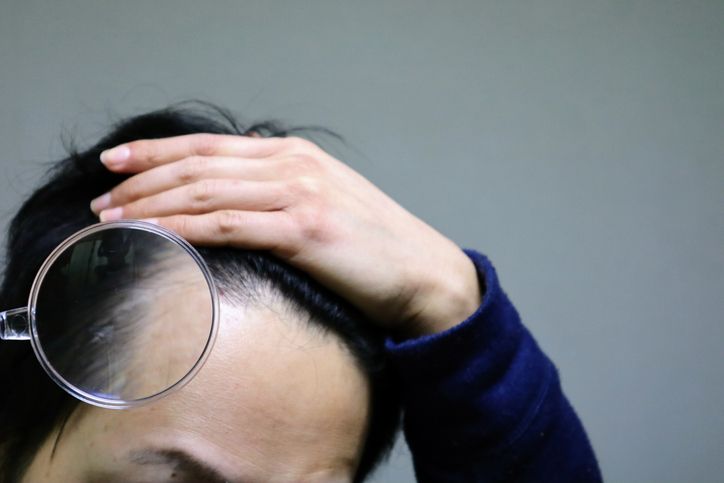
While the direct link between specific substances and hair loss can vary, some substances have been associated with hair-related issues in certain cases. Here are a few examples:
1. Anabolic Steroids
Anabolic steroids are synthetic variations of the male sex hormone testosterone. They can increase levels of dihydrotestosterone (DHT), a derivative of testosterone associated with hair loss in individuals with a genetic predisposition. This condition is often referred to as androgenetic alopecia.
2. Weight Loss Supplements
Certain weight loss supplements, especially those containing stimulants like caffeine or ephedrine, can lead to hair loss. Rapid weight loss, often a result of these supplements, can cause nutritional deficiencies and stress, negatively impacting hair health.
3. Vitamin A Supplements
Vitamin A is essential for various bodily functions, including hair growth. However, excessive intake, either through supplements or high-dose medications, can lead to a condition called hypervitaminosis A, which may contribute to hair loss.
4. Excessive Vitamin E
While vitamin E is an antioxidant important for skin health, excessive supplementation can interfere with blood clotting and may contribute to hair loss. It's important to maintain a balanced intake.
5. Excessive Vitamin D
While vitamin D is crucial for bone health and overall well-being, excessive levels can potentially lead to hair loss. Maintaining the recommended levels through a balanced diet and moderate sun exposure is advisable.
6. Iron Deficiency
Iron is vital for the production of haemoglobin, a component of red blood cells. Iron deficiency (anaemia) can result in reduced oxygen supply to cells, including hair follicles, leading to hair loss.
7. Anticoagulant Medications
Certain anticoagulant medications, like heparin or warfarin, may list hair loss as a potential side effect. This is a less common side effect compared to other issues, but it's essential to be aware of it and consult with a healthcare professional if concerns arise.
6
You Don't Have to Avoid Taking Creatine Supplements! Real Causes of Hair Fall
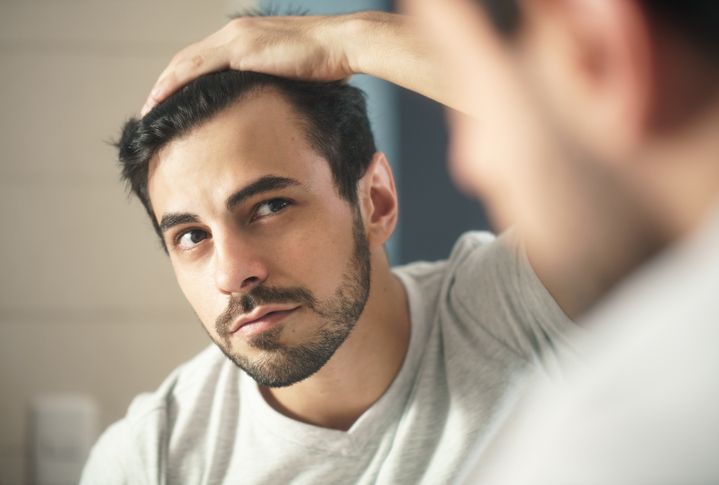
Hair loss can result from various factors, and the causes can differ among individuals. Here are some common causes of hair loss and potential solutions:
1. Genetics (Androgenetic Alopecia)
- Cause: This is the most common cause of hair loss and is hereditary. It's often referred to as male-pattern baldness or female-pattern baldness. - Solution: While there is no cure, medications like minoxidil and finasteride may help slow hair loss and promote regrowth. Hair transplant surgery is another option for some individuals.
2. Hormonal changes and medical conditions
- Cause: A variety of conditions can cause permanent or temporary hair loss, including hormonal changes due to pregnancy, childbirth, menopause, and thyroid problems. - Solution: Treating the underlying medical condition can often help with hair regrowth. Consultation with a healthcare professional is essential for proper diagnosis and management.
3. Poor nutrition
- Cause: Lack of proper nutrients, particularly iron, zinc, and vitamins, can contribute to hair loss. - Solution: Ensuring a balanced diet with adequate nutrients can promote hair health. If deficiencies are identified, supplementation or dietary adjustments may be recommended.
4. Stress and illness
- Cause: Physical or emotional stress can lead to temporary hair loss. Certain illnesses and surgeries can also trigger hair shedding. - Solution: Managing stress through relaxation techniques, mindfulness, and seeking support can be beneficial. Recovery from illness or surgery usually leads to hair regrowth.
5. High-intensity exercise
- Cause: While exercise is generally beneficial for health, extremely high-intensity exercise or overtraining may contribute to temporary hair loss due to physical stress. - Solution: Balancing exercise intensity and ensuring adequate recovery time can help mitigate this type of hair loss. It's important to maintain a well-rounded fitness routine.
6. Alopecia Areata
- Cause: This is an autoimmune condition where the immune system attacks hair follicles, leading to hair loss. - Solution: Treatment may include corticosteroid injections, topical medications, or immunotherapy to help stimulate hair regrowth.
It's essential to note that the effectiveness of solutions can vary among individuals, and consulting with a healthcare professional or dermatologist is advisable for a personalised assessment and guidance tailored to specific circumstances.
7
One Solution to All: Solve Your Lose Hair Worries with Us

Eliminate the blame on creatine; focus on addressing the true cause of hair fall. Whether dealing with female pattern hair loss, male pattern hair loss, patchy hair loss, or other issues, resolving hair loss requires a combination of natural remedies, medical treatments, and lifestyle adjustments. Identify the root cause of your hair loss and seek guidance from a specialist to determine the most effective treatment. Consistent effort and regular care can help restore a receding hairline and stimulate healthy hair growth.
F8 Hair Regrowth Treatment provides a noninvasive solution that promotes hair growth and maintains scalp health. Utilising low-level laser radiation and a specialised hair development serum, the treatment is designed to activate dormant hair follicles and strengthen the hair papilla. Along with repairing and enhancing microcirculation in the capillaries, the energy and serum supply essential nutrients to the hair follicles, revitalising them. The outcome is improved hair growth, strengthened strands, and reduced hair loss.
This safe and effective hair and scalp treatment is suitable for both women and men experiencing various issues such as hair loss, hair thinning, oily or sensitive scalp, receding hairline, balding crown, alopecia areata, scalp inflammation, male and female pattern hair loss, postpartum hair loss, and more.
Anticipate the following benefits post-treatment!
1. Wellness of hair and scalp
Low-energy laser penetrates the scalp, stimulating hair papilla and capillary formation, promoting blood circulation, and delivering nutrients to hair follicles. This fosters overall hair and scalp health.
2. Control of scalp sebum
Hair growth serum is applied to the scalp for hydration and sebum management. This results in a cleaner and more hydrated scalp, preventing various hair and scalp issues.
3. Compassionate services
After the treatment session, consultants seek your feedback on the technique and results. Experts provide advice on proper aftercare and assist you in scheduling their next appointment.
In summary, the F8 Hair Regrowth Treatment aims to address the root cause of hair loss, utilising advanced techniques to stimulate hair growth and maintain a healthy scalp. The comprehensive approach, combined with compassionate service, ensures a personalised and effective solution for individuals dealing with various hair and scalp concerns.
8
Last Few Words
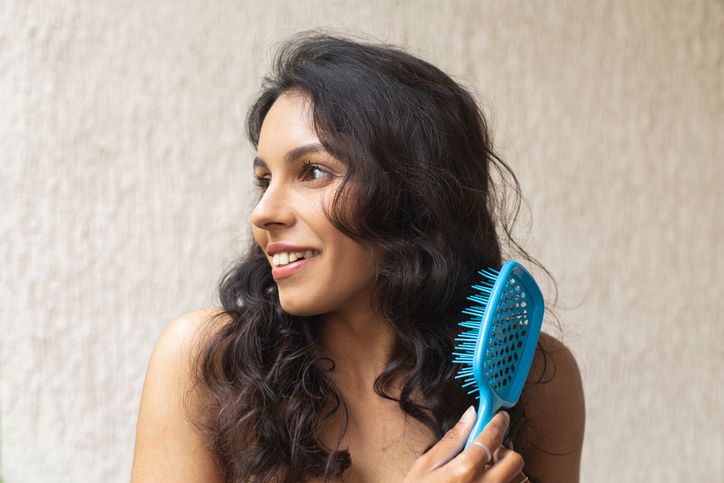
All in all, now we know that potential concerns surrounding creatine and hair health are largely based on myths rather than scientific evidence. Numerous studies have not established a direct link between creatine supplementation and hair thinning or related issues. Therefore, instead of harbouring unnecessary worries about potential negative effects, it is advisable to focus on informed decision-making. Prioritise a balanced approach to health, considering individual factors, and ask for personalised advice to stop early hair loss while you can!
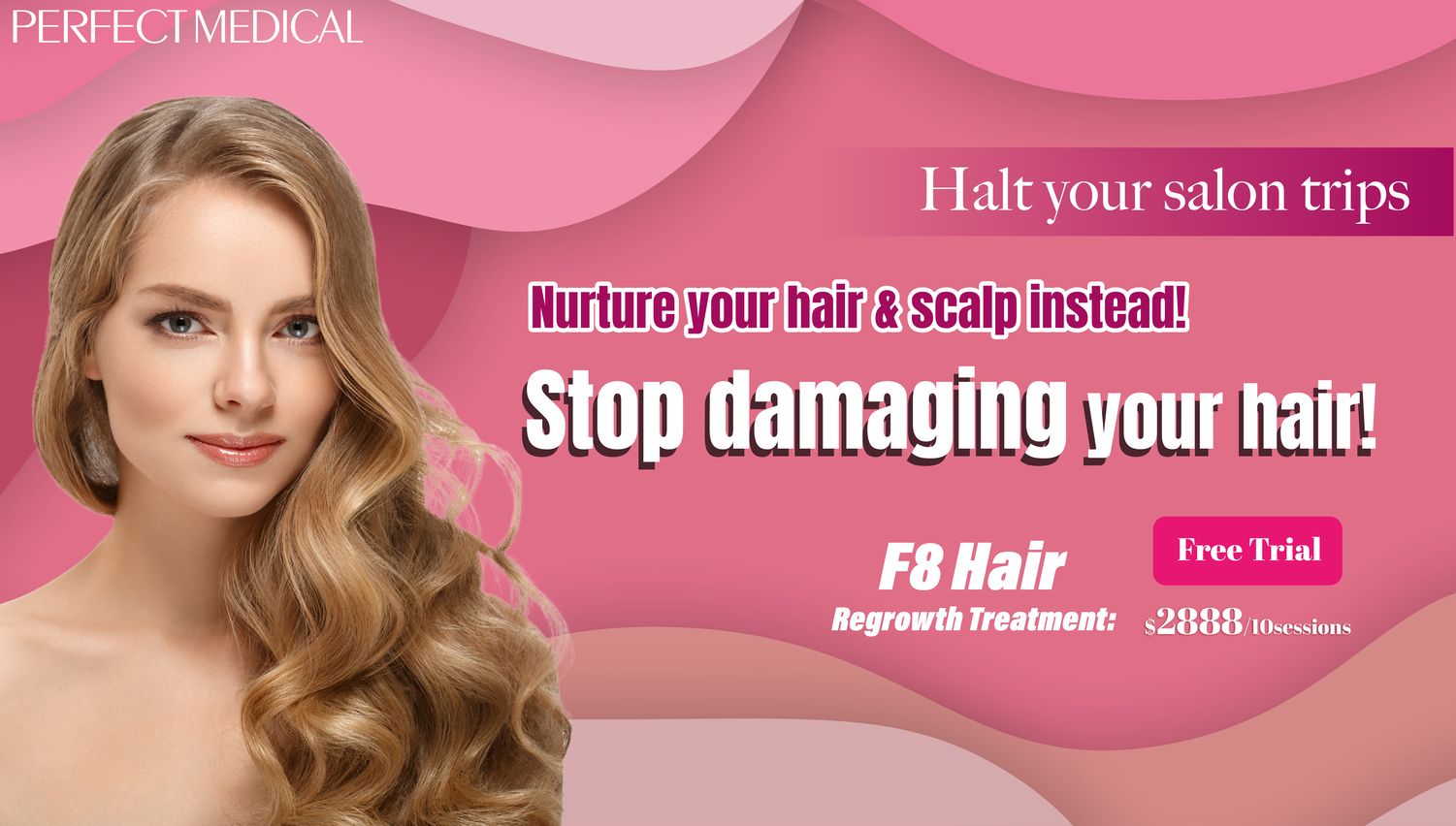
免費體驗
F8 Hair Regrowth Treatment
1 Minute Self-Registration
Date should not be before minimal date
FAQ

1. Is male pattern baldness reversible?
While male pattern baldness may be irreversible, there are various treatments available to slow its progression and stimulate hair growth.
2. Is creatine monohydrate the best choice for supplementation?
Creatine monohydrate is a well-researched and safe choice for supplementation, with demonstrated effectiveness in enhancing physical performance and increasing muscle mass. It is often recommended as a reliable option for those considering creatine supplementation.
3. Does creatine monohydrate supplementation cause hair loss?
No, creatine monohydrate supplementation itself does not directly cause hair loss. The potential impact on susceptible hair follicles is more relevant for individuals with a genetic predisposition to male pattern baldness. It's crucial to consider individual susceptibility and genetic factors when exploring the relationship between creatine and hair health.
4. Can amino acids in creatine supplements affect hair follicles?
Amino acids, which are components of creatine supplements, play a crucial role in various bodily functions, including hair health. However, there is no direct evidence linking amino acids in creatine supplements to hair loss. Susceptible hair follicles may be influenced by factors other than amino acids, and individual responses can vary.
5. How does creatine monohydrate interact with susceptible hair follicles?
Creatine monohydrate supplementation does not have a direct interaction with susceptible hair follicles. The potential impact on hair loss is more related to increased dihydrotestosterone (DHT) levels, which may affect those with a genetic predisposition to male pattern baldness. Understanding individual susceptibility and genetic factors is crucial in evaluating any potential association between creatine and hair health.






